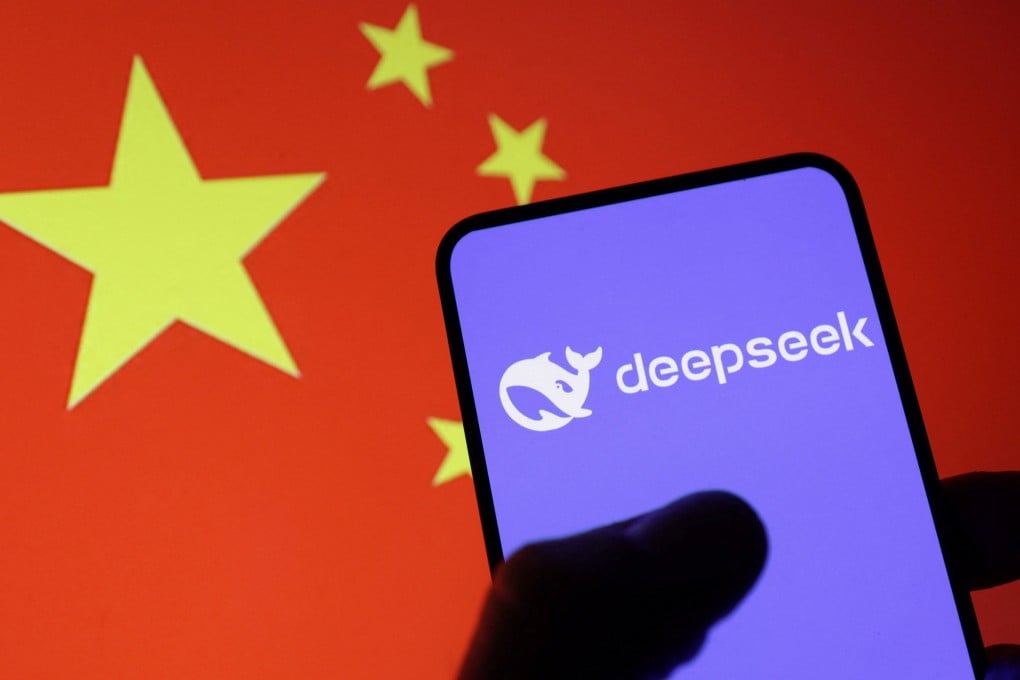Opinion | The AI that Silicon Valley fears: how DeepSeek democratised innovation
The Chinese company’s open-source model proves that innovation thrives on sharing, not Western Big Tech’s hypocritical monopolisation

Why? Because DeepSeek’s defining feature wasn’t a groundbreaking technological advancement – it was the willingness to make it open source. It shattered the myth that capitalism only thrives when ideas are privatised for individual gain, often at great expense to public good. It defied the notion that creations can remain sovereign to their inventors, which ignores the reality that all innovation builds on the work of others.
This was a rare victory for the nascent shoots of a post-predatory capitalism that prioritises global public goods over profit maximisation – a model that remains anathema to Silicon Valley.
DeepSeek is a gesture of goodwill, and in that sense a deep provocation. It is also a symbol of what happens when bullies hard-wired with a sense of exceptionalism and privilege are confronted by a competitor that refuses to be intimidated or sidelined.

